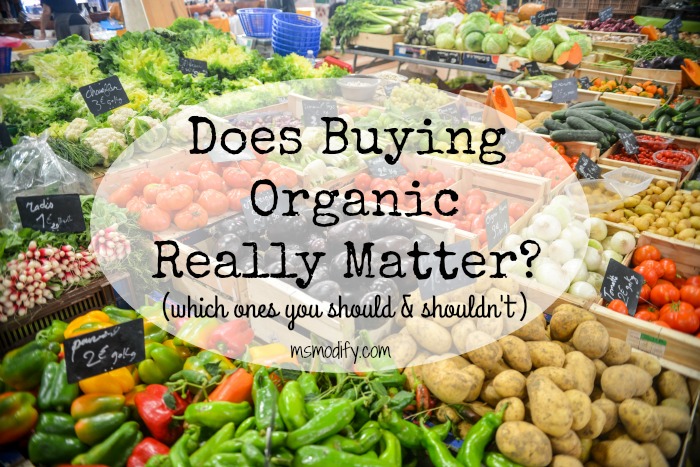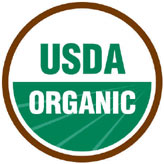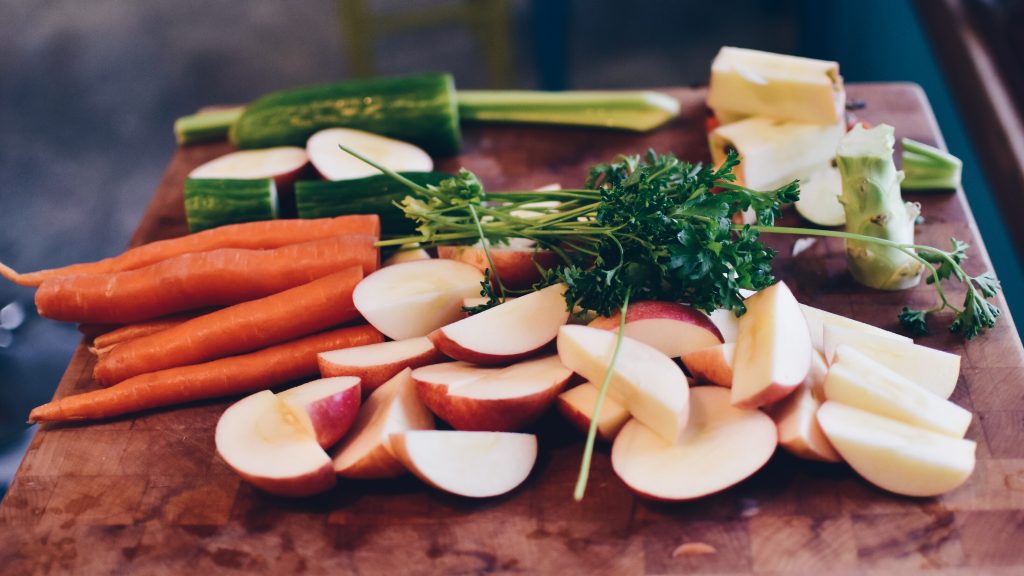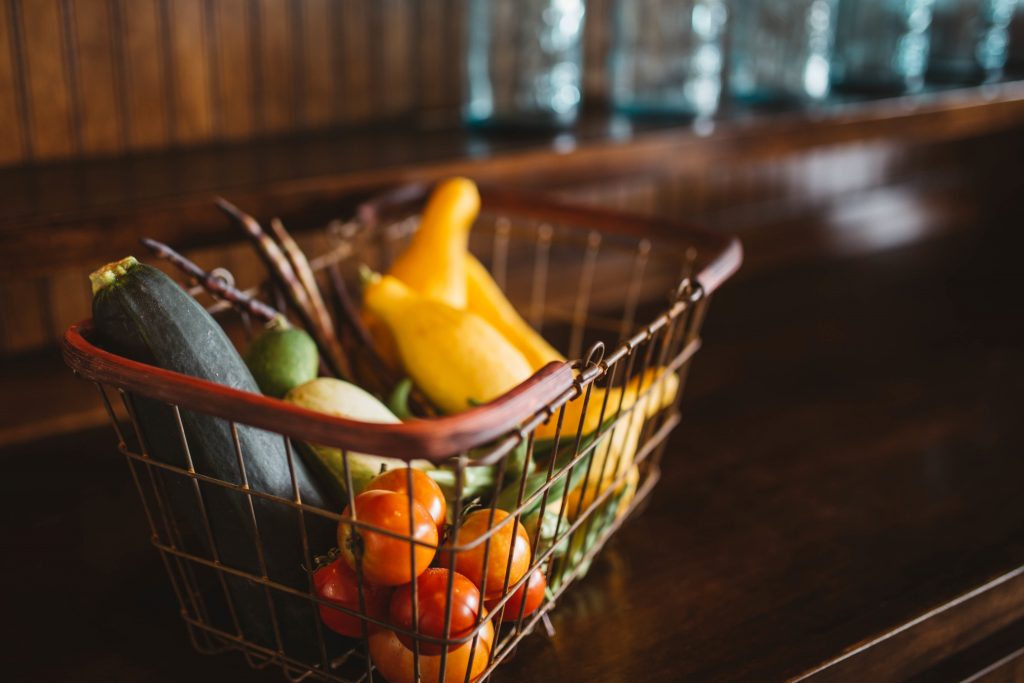It seemed like in the past only high-end grocery stores like Whole Foods carried a large variety of organic foods. But now even stores like Walmart and Target have an organic section. This is good news because it you haven’t noticed organic food tends to be much more expensive!
A new report was released by the Department of Agriculture, stating that organic eggs, milk and salad greens can cost up to 60 percent more, while items like apples, carrots, granola and spinach carry premiums of between 7 and 30 percent.
When you go to the grocery store and see such a large difference in price and often times the produce looks the same…which should you buy? Learn the facts before you shop!
What even does organic mean?
According to the USDA, organic produce must be grown without synthetic pesticides, synthetic fertilizers or genetically modified organisms. Organic meat has to come from animals that were raised in a natural setting, didn’t receive any antibiotics or hormones, and were fed 100 percent organic feed.The USDA has established an organic certification program that requires all organic foods to meet strict government standards. These standards regulate how such foods are grown, handled and processed.
If a food contains a USDA Organic label, it means it’s produced and processed according to the USDA standards. The seal is voluntary, but many organic producers use it.
Products certified 95 percent or more organic may display this USDA seal.
Products that contain at least 70 percent organic ingredients may say “made with organic ingredients” on the label, but may not use the seal.
Is organic really healthier?
According to The Mayo Clinic, “A recent study examined the past 50 years’ worth of scientific articles about the nutrient content of organic and conventional foods. The researchers concluded that organically and conventionally produced foodstuffs are not significantly different in their nutrient content.
However many people chose to buy organic in order to decrease their exposure to pesticides and food additives, which some say have been linked to all kinds of health conditions, from neurodegenerative diseases to cancer and birth defects.
Safety Tips
It is recommended regardless of what you chose to buy, that you keep these tips in mind:
Buy fruits and vegetables in season when possible- To get the freshest produce.
Read food labels carefully– Just because a product (often packaged food) says “organic” doesn’t always make it healthy.
Wash and scrub fresh fruits and vegetables thoroughly under running water– You can also peel your produce, but this may decrease the fiber and nutrient content.
The EWG released their recommended shopping list, where they tested thousands of produce samples in order to determine which contained the least and most pesticide residue. Below are the Dirty Dozen (highest levels of pesticides) and the Clean Fifteen (lowest levels of pesticides).
The Dirty Dozen:
1. Strawberries
2. Apples
3. Nectarines
4. Peaches
5. Celery
6. Grapes
7. Cherries
8. Spinach
9. Tomatoes
10. Sweet bell peppers
11. Cherry tomatoes
12. Cucumbers
The Clean Fifteen:
1. Avocados
2. Sweet Corn
3. Pineapples
4. Cabbage
5. Sweet peas frozen
6. Onions
7. Asparagus
8. Mangos
9. Papayas
10. Kiwi
11. Eggplant
12. Honeydew Melon
13. Grapefruit
14. Cantaloupe
15. Cauliflower
Question:
Do you shop organic? Why or why not?
Sources:
United States Department of Agriculture
US Environmental Protection Agency
The Mayo Clinic
The Environmental Working Group






I always try to remember the basic idea of if you eat the skin, organic is better, if you take the skin off, its OK to buy otherwise.
Though I do like organic eggs – they just seem bigger & taste better.
That’s the rule I try to stick with also!
I tend to go for organic when possible! I figure it can’t hurt. 🙂
Ha me too!
I really don’t shop organic that much, but it probably would make more sense to shop organic for a lot of my fruits and veggies. I’m a huge apple fan, which is one of the dirty dozen.
I try to buy organic on things I eat the skin.
This is such a great post! I tend to buy a lot of organic produce just because our local farmer’s market is an organic market – but when it comes to things like bananas or avocados I’ll buy them from the grocery store more often than not.
I am actually so surprised that asparagus is on the clean list! I never would have though of them as being on there!
Thanks! I know, I was surprised about asparagus too!